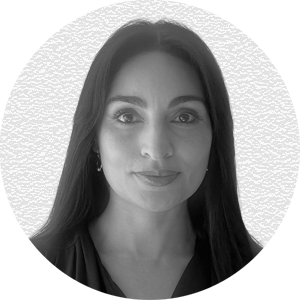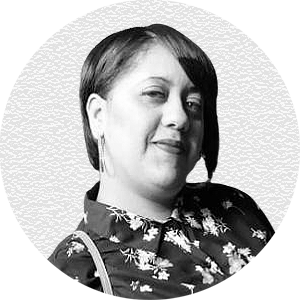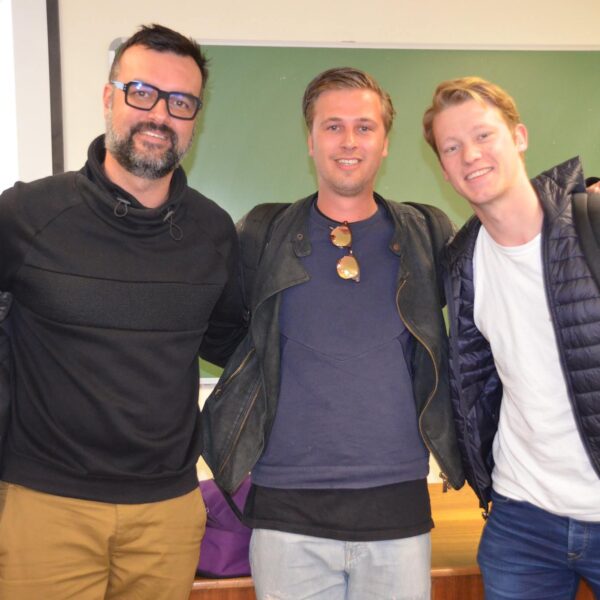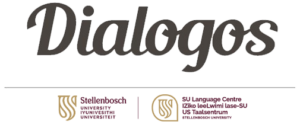Around the world, about 1,2 billion people speak English. But we do not all speak English like it is our first language. And we do not have to. Fact is, however, the better you speak English, the more you can do with the language. No matter what your level or mastery of the language is, join this welcoming environment to enhance the skills you already have and take your English speaking and writing to the next level.
Speaking, reading and understanding English can open doors.
Who can join?
Our Intensive English Programme (IEP) is aimed at international undergraduate and postgraduate students who want to develop their general English reading, writing, listening and speaking skills, their grammar and their vocabulary.
Local or international SU students who don’t speak English as a first language, but do a lot of English writing, reading and speaking in academic courses, can join English for Academic Purposes (EAP).
If you want to study or work in a country where you need to prove your English proficiency, develop strategies to write the IELTS (International English Language Testing System) exam by enrolling in our IELTS Preparation course.
And if you are a grandmaster in English and you would like to teach others, our TEFL course will give you TEFL certification so that you can teach English as a second or foreign language.
Our English classes and courses are currently online or blended. Let’s chat about what you are looking for.
Blog
Q and A with Dr Schalk van der Merwe in celebration of 10 years of Afrikaans language and culture for Dutch-speaking exchange students
Dr Schalk van der Merwe, extraordinary senior lecturer at Stellenbosch University (SU), has been a regular guest lecturer for several years at the SU Language Centre’s Afrikaans language and culture course for Dutch-speaking students, where he shares and discusses key events from South African history with students in a narrative style. “When it comes to the history and origins of Afrikaans, it is essential to reflect the language’s diversity, and also how it has served as a vehicle for social change,” says Dr Van der Merwe. As part of the course’s 10-year celebrations, we asked him a few questions.
This post is also available in: English

